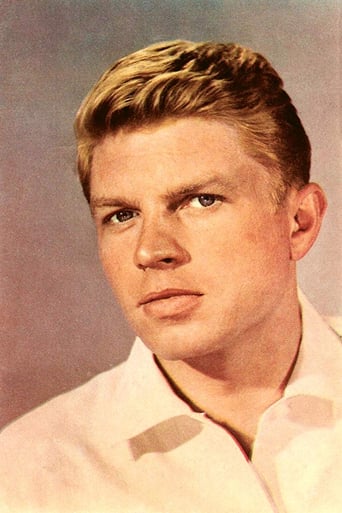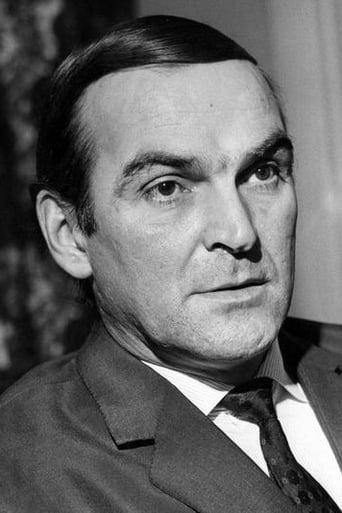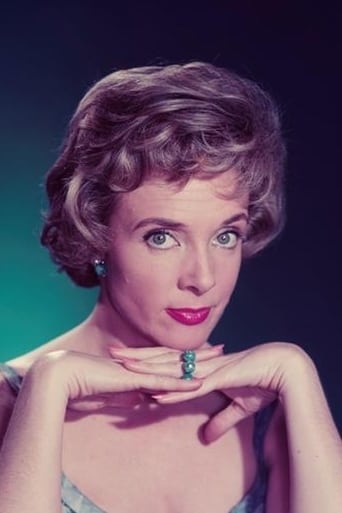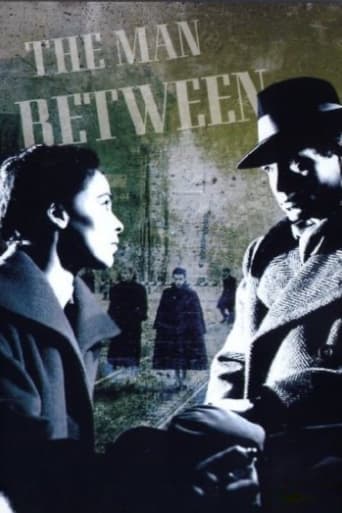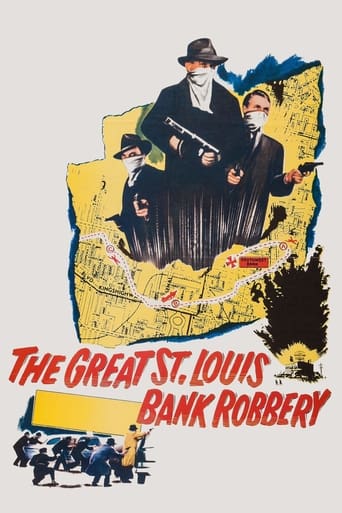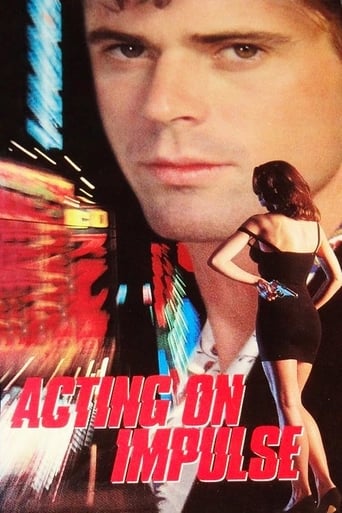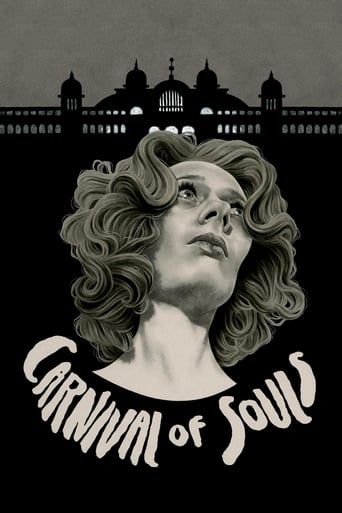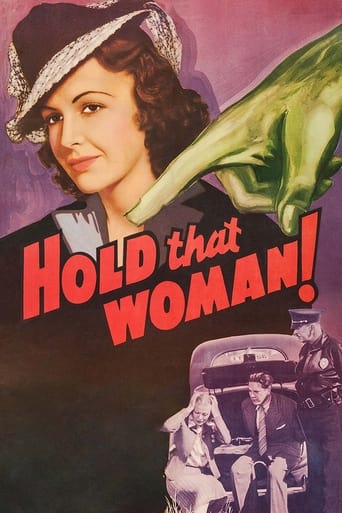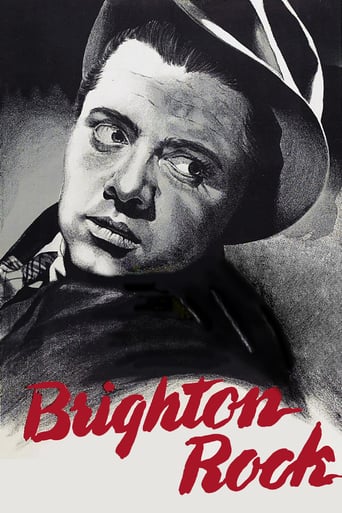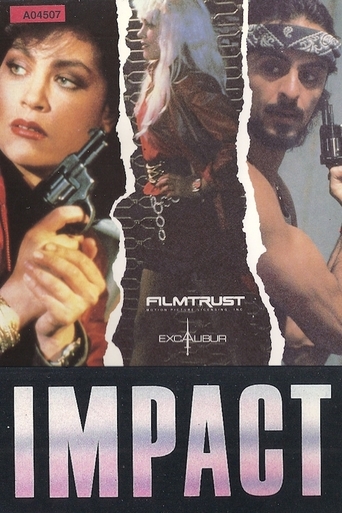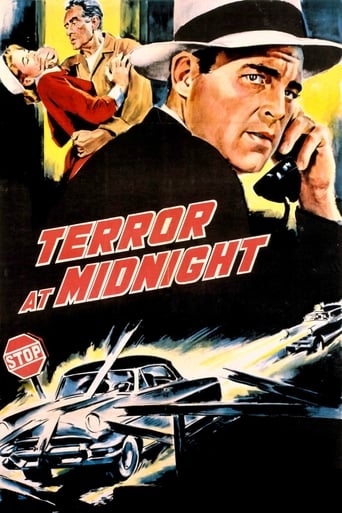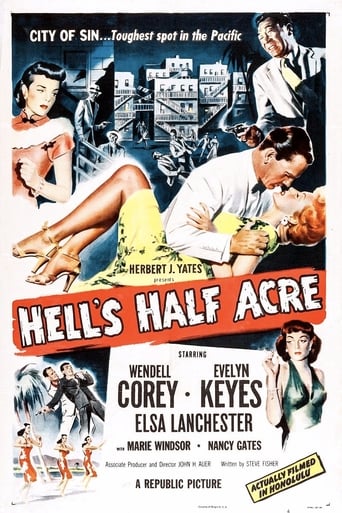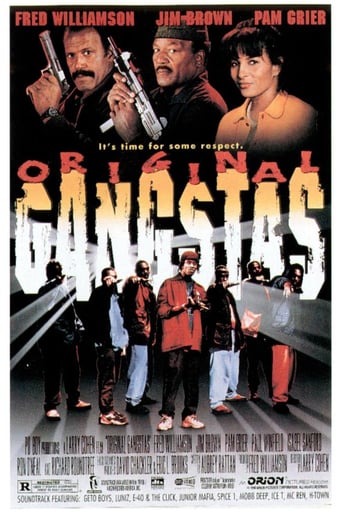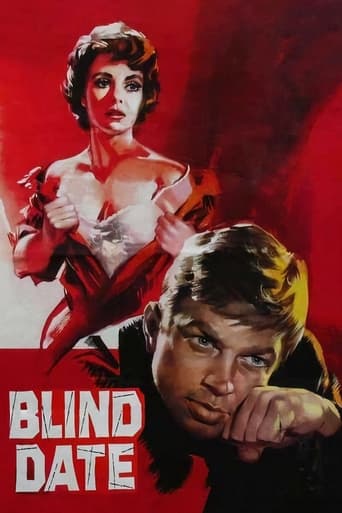
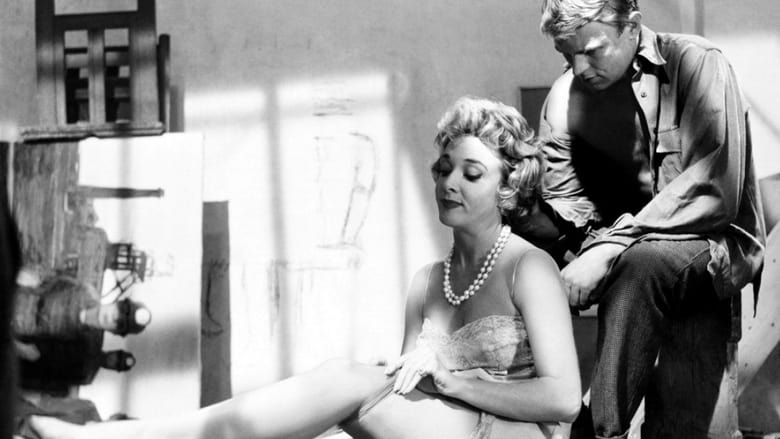
Blind Date (1959)
Dutch painter Jan-Van Rooyer hurries to keep a rendezvous with Jacqueline Cousteau, an elegant, sophisticated Frenchwoman, slightly his elder, whose relationship with him had turned from art student into one of love trysts. He arrives and is confronted by Detective Police Inspector Morgan who accuses him of having murdered Jacqueline. Morgan listens sceptically to the dazed denials of Van Rooyer as he tells the story of his relationship with the murdered woman. Morgan, after hearing the story, realizes that the mystery has deepened, and it becomes more complicated when the Assistant Commissioner, Sir Brian Lewis, explains that Jacqueline was not married but was being kept by Sir Howard Fenton, a high-ranking diplomat whose names must be kept out of the case.
Watch Trailer
Cast


Similar titles
Reviews
Sorry, this movie sucks
I cannot think of one single thing that I would change about this film. The acting is incomparable, the directing deft, and the writing poignantly brilliant.
This is one of the few movies I've ever seen where the whole audience broke into spontaneous, loud applause a third of the way in.
The storyline feels a little thin and moth-eaten in parts but this sequel is plenty of fun.
Blind Date (AKA: Chance Meeting) is directed by Joseph Losey and adapted to screenplay by Ben Barzman and Millard Lampell from the Leigh Howard novel. It stars Hardy Krüger, Stanley Baker, Micheline Presle, John Van Eyssen, Gordon Jackson and Robert Flemyng. Music is by Richard Rodney Bennett and cinematography by Christopher Challis.Jan Van Rooyer (Krüger) arrives at the apartment of the lady he is having an affair with, only to find the police following him close behind. It appears that the lady, Jacqueline Cousteau (Presle), has been murdered and he is the prime suspect.Another cracker-jack slice of British film noir produced by the brilliant Joseph Losey. Blind Date finds Losey on the sort of firm ground he thrives on, examining hot topics such as class consciousness, eroticism, political pot-boiling, corruption, misogyny and at the crux of the story there's a very intricate mystery to be solved. When Losey was at his best there was an edginess to his films, and this is no exception, the construction of the tale is akin to someone dangling a piece of red meat over a Lion's cage (or in this case a Cougar), only to keep pulling it away at the last second.Hook - Line - Sinker.It all begins in a jovial manner, Van Rooyer is so happy, skipping his way to his lover's apartment, the jazzy musical score soars and shrieks, then the tone changes considerably, Losey and his crew have offered a false dawn. It soon becomes apparent that Rooyer is something of an arrogant snot, a struggling and tortured painter, he's hard to empathise with as he gets leaned on first by Gordon Jackson's efficient copper, then the mighty presence of Stanley Baker as Inspector Morgan - with Welsh accent joyously in full effect, he's nursing a cold and drinking milk, but boyo this is a guy you don't want grilling you...Cougarville.Rest of the picture is predominantly told in flashback, how Rooyer and Cousteau came to meet, their initial sparring and eventual relationship, with the mature femme fatale lady wrapping the hapless painter around her finger. Losey sexes things up, really gets as much heat as he can into the coupling without bothering the censors, he even slots in a sex metaphor that Hitchcock would have approved of. Then the rug pulls begin, the can is opened, worms everywhere, or is it just smoke and mirrors? Losey and Challis use every opportunity to use trusted film noir photographic techniques, but never in a lazy manner. Some of the isolated lighting used - particularly when Presle is holding court - is cheeky but potent with it, and the close ups, long takes and wide frames favoured by Losey ensure that no scene is merely being allowed to be ordinary. Baker, like Dirk Bogarde, was a classic Losey man, a meeting of minds that produced performances of steel and psychological intricacy. Yet it's not Baker who owns this film, it's Krüger, a multifaceted jumping-bean of a performance, simply terrific. As is the film itself, one of Losey's most under valued British treasures. 9/10
BLIND DATE starts out hampered by a misleading title and the miscasting of the key female role. The meeting in the Tate Gallery between penniless Dutch painter Hardy Kruger and French bourgeoise Micheline Presle is no blind date, but, superficially at least, a simple pick-up - the "chance meeting" of the film's US title. As for Presle, her advances to Kruger appear gauche, even desperate, with none of the allure that would be needed to snare him. A better actress might have accepted that her character would, in that situation, appear clumsy, and play on that, but Presle lets the lines do the work. The film only picks up with the appearance of Losey's preferred male lead, Stanley Baker, as the detective Morgan. With a broad Welsh accent, and troubled by a cold that has him sniffing repeatedly on an inhaler, Baker sketches out the role he would play with increasing assurance in later collaborations with Losey like HELL IS A CITY, EVA and ACCIDENT - a working-class outsider, in revolt against the elite of which he secretly wishes to be part, but which he knows will never accept him. Any strength in BLIND DATE resides in the confrontations between a disheveled, snuffling Baker and the Scotland Yard establishment, represented by three-piece-suited Robert Flemyng and his equally suave subordinate, John van Eyssen. By stressing that Morgan's father was a chauffeur and Kruger's a miner, Losey decisively places both on the opposite side of the social divide from these two, not to mention the awkward, chilly Presle. In a brief but significant scene, Flemyng, having hinted to Baker, none too subtly, that he should frame Kruger if he ever wants promotion, encounters van Eyssen in the corridor and reminds him they'll be meeting socially over the weekend. By contrast, Kruger and Baker languish in the cultural ghetto with losers like Gordon Jackson's PC Plod and Jack McGowran's furtive "nudge-nudge-wink-wink-know-what-I-mean?" postman. The film hammers home this point with its set design, in particular that of Baker's office, a draughty attic with exposed waste-pipes running down the wall. The office, along with Baker's clothing, advertises the fact that, by exposing the real murderer, he has incurred permanent banishment from the circles of power. Losey's supposedly socialist principles are seldom apparent in his films, which are mainly calculated exercises in style, but in BLIND DATE at least he appears to pin his left-wing colours to Baker's crumpled sleeve.
It can sometimes be interesting to study the early work of directors who were later to emerge as important figures in cinema. Some show little indication of what is to come (Carol Reed's "Bank Holiday " for instance) while with others the fingerprints are all there (Hitchcock's "The Lodger" and David Lynch's "Eraserhead"). Joseph Losey falls somewhere between these two extremes. An early work such as "Blind Date" has a competence and clearheaded sense of narrative flow that place it on a higher level than most B-style thrillers to emerge from British studios in the '50's but there is little of the original stamp that was to mark his later work such as "The Servant", "The Go-between" and "Accident". These films provide fascinating commentaries that an outsider from the USA brought to bear on the British class system. There is a little in "Blind Date" about the social hierarchy within the British police force, but this is peripheral to Losey's main task of presenting a neat little thriller well. He keeps the tension going nicely to begin with, with a young Dutch artist visiting a flat where he expects to find a woman he has been having a liaison with, only to find himself soon embroiled with the police. The script has a neat way of evading what is going on until some way into the film. Some of the flashbacks go on for rather too long and are somewhat weakened by a rather wooden performance by Micheline Presle as the woman of mystery. Hardy Kruger, on the other hand, as the young Dutchman is excellent. We really identify with his frustration at finding himself in a situation that is beyond his comprehension and control. As the main detective Stanley Baker plays cat and mouse with his customary skill. "Blind Date" is in so sense an important or significant film, but the fact that it was competently made by a director who was later to produce some outstanding works of British cinema makes it worth a look. There are two other good reasons for watching - photography by Christopher Challis and music by Richard Rodney Bennett - both considerable artists in their respective fields.
This is basically a mystery story, but the mystery itself and its solution are not very satisfying. The best is that in the mean time we get to see some character study. And Losey's mise-en-scene is above average, as usual.


